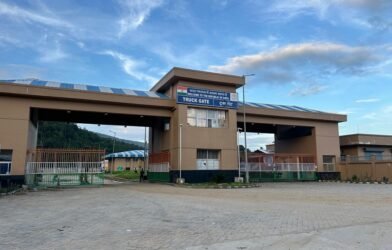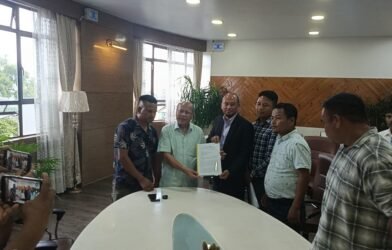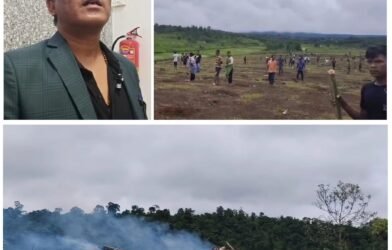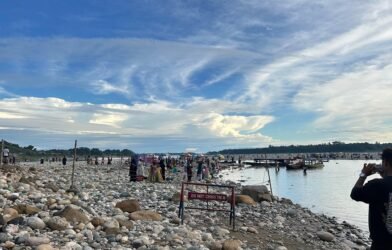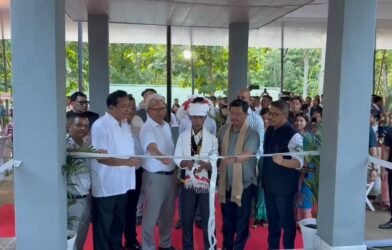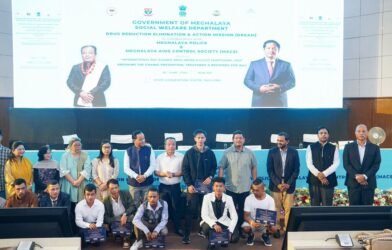Subtotal $0.00
New Delhi, Mar 19: In a move to run a campaign and spread awareness on the growing racial discriminations towards the Diasporas community in the metropolitan cities across the country, a Delhi-based Photographer Lokesh Dang exhibits the first of its kind photo project on Northeast people to the public in New Delhi.
This weeklong exhibition titled ‘Don’t Call Me Chinki’ at the India Habitat Centre displays the photo-documentation of the lives of the northeasterners residing in and around Delhi and NCR.
Sponsored by the National Foundation of India, the photojournalist Lokesh opines that his work carries a mission to change the mindset of the people (locals) towards the Northeast region and promotes a national integrity and a sense of peaceful co-existence.
“My photographs are very homely and they are showing all the activities which people are going through in the city. So, I want the title and captions are provocative because I think ‘Chinki’ is the word every boys and girls of the Northeast region have been hearing from past so many years. This was very important for me to put it across Delhites faces and the word ‘Mainlanders’ to the northeasterners faces. This was a very important message which I wanted to convey from this project,” said Lokesh Dang, a Photojournalist.
Each portrays at the exhibition projected and showcased the close-knit community of the Northeast region and its way of living in the city. Also, it opens a window to a different dimension about its people and their culture and invites both the locals and the northeast residents for an inclusive participatory, and lives as one in unity.
The photo collection which displays at the Central Atrium is part of an ongoing project capturing over a time period of three years. The photographer cum exhibitor also disclosed that the photo project will continue and use as a tool for story telling about the people in the metro cities.
“It’s truly remarkable. The kind of pictures that have been put up by the artist has something that tells revealing stories that has been unsaid or undocumented. And it is necessary that the step-sister of our country is no longer treated as step-sister but very much our own real siblings because we are all together in this,” added Nazia, a visitor.
Further, the visitor also added, “So the continuous segregation and the barrier that has goes on in our country have been broken and such more projects should be display for an inclusive interaction.”
Each image is adorned with strong caption that narrates the many untold stories and undocumented plights faced by the people in the city. Moreover, the photo-project highlights the insightful stories about the deeply rooted society of the region and their struggles in adapting the new environment.
“Working with them gave me a lot of learning experiences. I think I have grown through the assignment because it’s been three years old. When I started it, I didn’t know any about them but I know a lot of things about them and their culture. Few bad things also but I think we as a human, we have a tendency of good and bad in us. So, overall the experienced has been really good and now I have many friends from the region that I can depend on them,” added Lokesh.
The photographer turned photojournalist; Lokesh termed the idea of his project as personal reason. He informed that when he was walking around in the city with one of his friend who has a mongoloid features a half-Naga and half-Punjabi; some boys started commenting his friend with some provocative names. And that’s how he came up with the idea in spreading the awareness and brings change.
During the photo exhibition, Lokesh also shared the platform along with one of the acclaimed photo journalists from Thomson Reuters on child marriage, which is one of the most critical issues in today’s context in the country.
(ANI)





